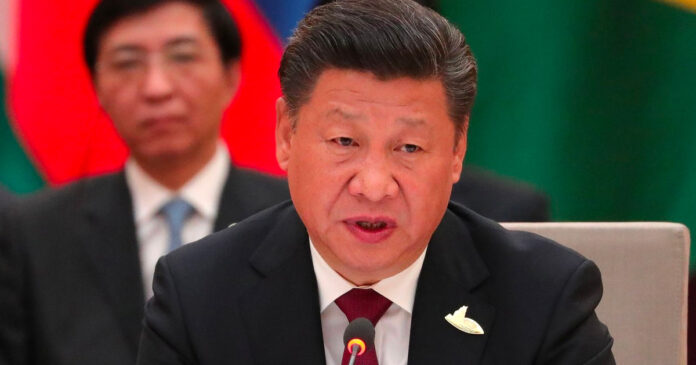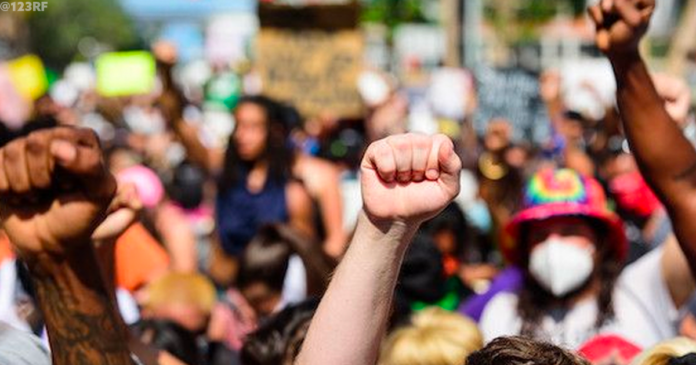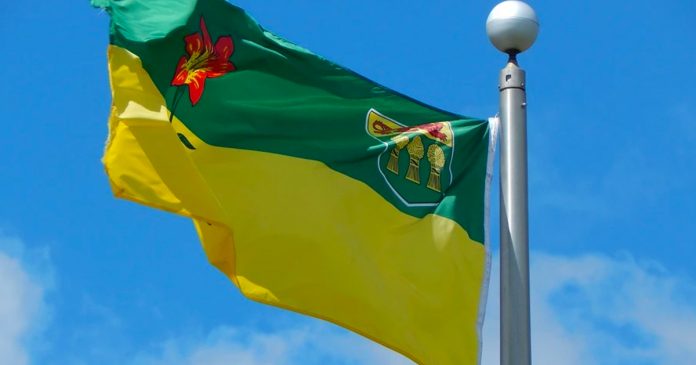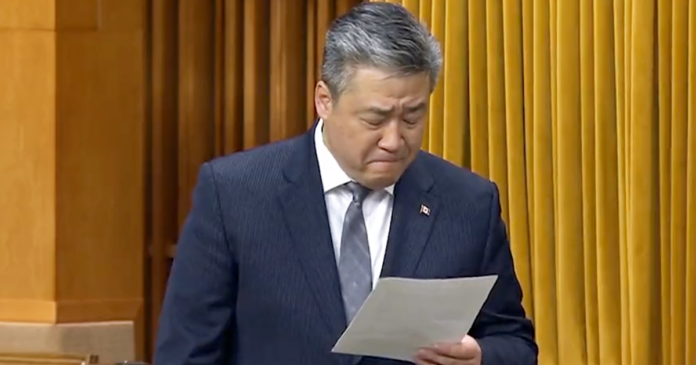A handful of Canadian academics wrote an open letter to former governor general David Johnston expressing concern that recent election interference claims are leading to anti-Asian racism.
Johnston was recently appointed as a “special rapporteur” to investigate claims reported by the media that China interfered in the 2019 and 2021 federal elections.
“We are deeply concerned that government initiatives announced to help combat foreign interference risk creating more problems than they solve. For too many, ‘foreign interference’ is simply a codeword for ‘Chinese’ with all the racist overtones that have been imposed on that term,” the letter claimed.
The signatories include professors from Carleton University, University of Toronto, University of Victoria, University of Ottawa, Simon Fraser University, Western University and the University of British Columbia.
In a series of demands, the academics call on governments to “reinforce extensive anti-racist education for all public servants and in the educational system at large.”
“(We recommend) that CSIS and the RCMP be instructed to take seriously the threat from far-right, white supremacist organizations and desist from spying on communities, be they Chinese, Muslim, Indigenous or activist organizations,” the letter reads.
The Chinese government has regularly parroted claims of racism and discrimination when confronted with criticism.
Prime Minister Justin Trudeau even recently suggested that alleging Liberal MPs were involved in influence schemes was racist.
Yesterday, Liberal MP Han Dong resigned from the Liberal caucus after reports emerged alleging he instructed a senior Chinese diplomat to hold off on releasing Michael Spavor and Michael Kovreig



























